I was there as a patient. I was there Over 18 years ago . It was a good experience for me I’m glad I was there and it helped me to get clean . I learned how to deal with my emotions and to deal with loneliness. Thank you for your service
About DART Center (DART Cherry Program)
Their services use a combination of therapy and holistic care. This means that they’ll be digging into your triggers to address any mental and behavioral disorders. You’ll have a better understanding of your condition and can find better outlets for frustrations without drugs. While you’re in treatment, you’ll be supervised throughout in case any emergencies come up. They don’t offer medications or detox, though. If you need to detox, you’ll be referred to another center nearby. All medical expenses will be your responsibility.
In addition to counseling, you’ll have the chance to learn new skills and healthier ways to deal with your emotions. Your health will improve, and your chances of rearrest or relapse will be much, much smaller when you head home to your loved ones.
Facility Overview
Latest Reviews
Rehab Score
Gallery
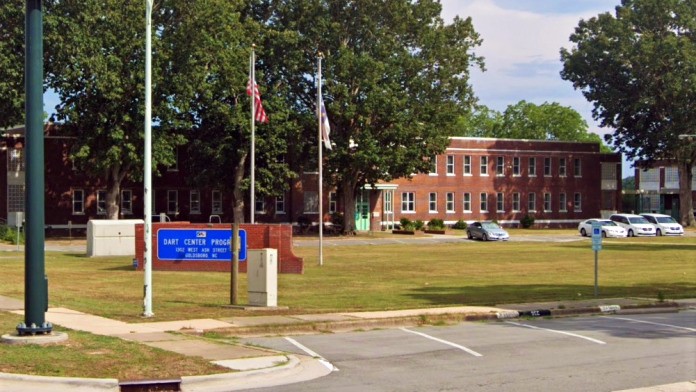
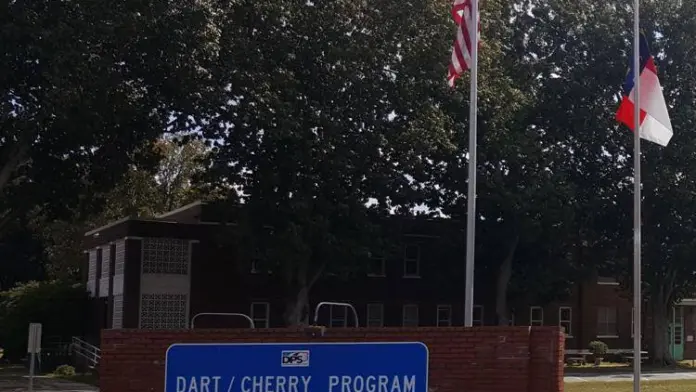
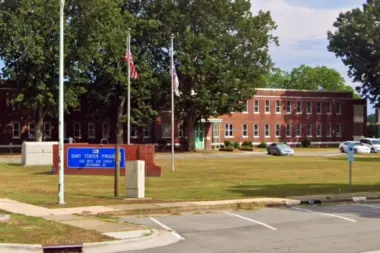
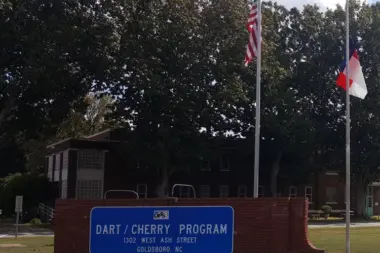
Other Forms of Payment
Addiction Treatments
Levels of Care
The inpatient treatment level features gender-specific curricula, adequate treatment duration, and discharge planning, delivered by credentialed staff. It emphasizes clinical supervision and community coordination to ensure effective inpatient rehab for individuals seeking recovery in North Carolina.
The 12-Step program incorporates evidence-based principles, including cognitive-behavioral strategies and gender-specific curricula, to facilitate addiction recovery. It emphasizes the importance of structured, long-term engagement for individuals leaving incarceration or seeking sustained sobriety.
This service offers structured intervention programs grounded in best practices, including comprehensive assessment and community coordination. It utilizes cognitive-behavioral techniques and gender-specific curricula to help clients recognize and address addiction patterns effectively.
The facility provides 24-hour clinical care with credentialed staff, emphasizing gender-specific curricula, adequate treatment duration, and discharge planning. This level of care supports individuals requiring intensive inpatient treatment and continuous clinical supervision in North Carolina.
Treatments
The DART Cherry Program offers evidence-based alcoholism treatment emphasizing comprehensive assessment, treatment planning, and gender-specific curricula. Staff utilize cognitive-behavioral interventions to help clients understand addiction as a brain disease, supporting long-term recovery in North Carolina’s Goldsboro area.
This program addresses drug addiction through best practices and evidence-based principles, including cognitive-behavioral therapy and thorough treatment planning. It recognizes substance use disorder as a chronic disease, providing tailored interventions to support recovery in North Carolina’s eastern communities.
The facility provides specialized opioid addiction treatment based on proven, evidence-based methods. It emphasizes understanding addiction as a brain disease and offers comprehensive assessment, discharge planning, and community coordination to support opioid recovery in the Goldsboro region.
The program employs best practices for substance use disorder treatment, including cognitive-behavioral interventions and gender-specific curricula. It recognizes substance use disorder as a primary, chronic disease, offering tailored treatment to foster lasting recovery in North Carolina.
Programs
The Adult Program offers evidence-based addiction treatment, including comprehensive assessment, treatment planning, and gender-specific curricula. It emphasizes the importance of discharge planning and community coordination to support long-term recovery for adult clients in North Carolina.
Designed for young adults, this program employs best practices and evidence-based principles, including cognitive-behavioral interventions and gender-specific curricula. It focuses on understanding addiction as a brain disease and provides tailored treatment to support recovery in North Carolina’s youth population.
Clinical Services
Cognitive Behavioral Therapy (CBT) is a therapy modality that focuses on the relationship between one's thoughts, feelings, and behaviors. It is used to establish and allow for healthy responses to thoughts and feelings (instead of unhealthy responses, like using drugs or alcohol). CBT has been proven effective for recovering addicts of all kinds, and is used to strengthen a patient's own self-awareness and ability to self-regulate. CBT allows individuals to monitor their own emotional state, become more adept at communicating with others, and manage stress without needing to engage in substance abuse.
Group therapy is any therapeutic work that happens in a group (not one-on-one). There are a number of different group therapy modalities, including support groups, experiential therapy, psycho-education, and more. Group therapy involves treatment as well as processing interaction between group members.
In individual therapy, a patient meets one-on-one with a trained psychologist or counselor. Therapy is a pivotal part of effective substance abuse treatment, as it often covers root causes of addiction, including challenges faced by the patient in their social, family, and work/school life.
Life skills trainings involve all the skills a person must have in order to function successfully in the world. These include time management, career guidance, money management, and effective communication. Truly successful addiction recovery is based on the ability to not only live substance-free, but to thrive. Life skills teaches the practical necessities of functioning in society, which sets clients up for success in life, and therefore sobriety.
Family therapy sessions address the emotional toll that addiction has had on the family unit and individual members. Therapists work with families to develop better coping strategies, which in turn create a stable environment for their loved one's recovery process.
Staff
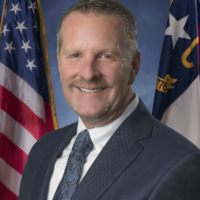
Todd Ishee
Secretary
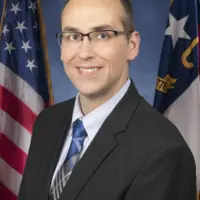
Mike Daniska
Chief of Staff
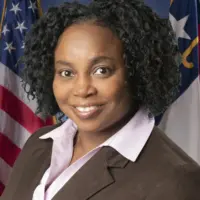
Brandeshawn Harris
Chief Deputy Secretary, Operations
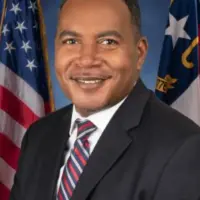
Anthony Vann
Chief Deputy Secretary, Administration (Acting) & CFO
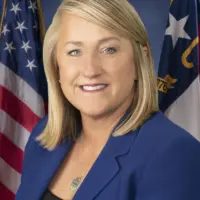
Maggie Brewer
Chief Dept. Sec., Rehabilitative & Correctional Services
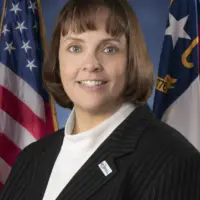
Jodi Harrison
General Counsel
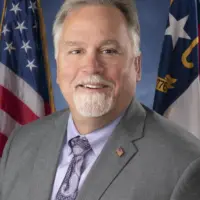
Peter Buchholtz
Deputy Secretary
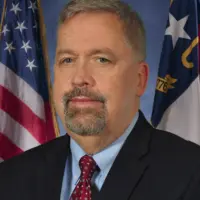
Gary Junker
Deputy Secretary, Comprehensive Health Services
Contact Information
1302 West Ash Street
Goldsboro, NC 27530